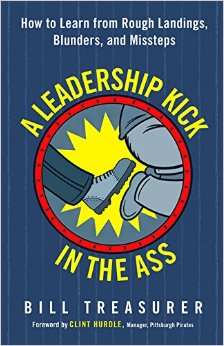
By Bill Treasurer
Special to the Financial Independence Hub
The transition of a leader’s career from the top of the crest to the other side can actually be a beautiful thing. This is the time when your wisdom is ripest, when the bulk of your legacy has been established, and when your influence has left a tangible and positive mark.
At this stage of your leadership career, you are a leader in full. It’s worth noting that the leadership influence of many leaders became fully expressed late in life. Benjamin Franklin was 70 when he signed the Declaration of Independence (Samuel Whittemore was 81). Ronald Reagan was 69 when he became president, and 77 when he left office. Golda Meir became Prime Minister of Israel when she was 71. Dr. Ray Irani, the CEO of Occidental Petroleum, is currently 75 years old, making him the oldest Fortune 500 CEO.
While your leadership career may span many years, the current average retirement age in the United States is 62. Given that average life expectancies have been steadily growing, figuring out what to do with all that accumulated leadership wisdom and influence before you retire, will help soften whatever butt-kicks may come when the gates of your career close. (By butt-kicks, I mean embarrassing and humiliating moments in your leadership that serve as a starting point to discover your strengths and values, and become better).
Butt-kicking tips for senior leaders






